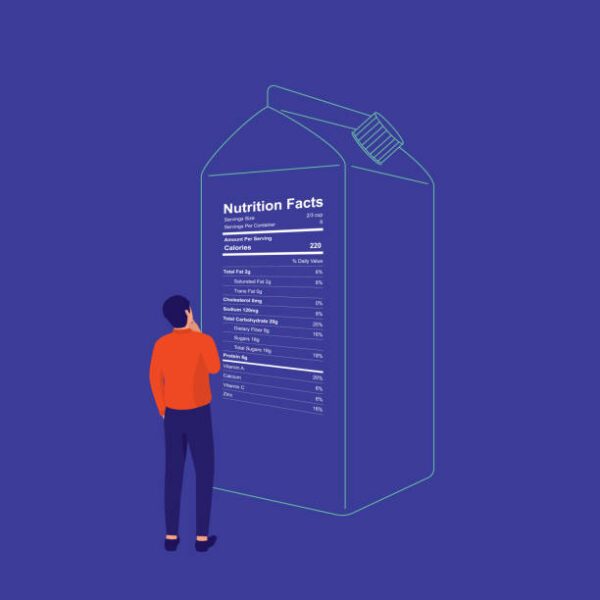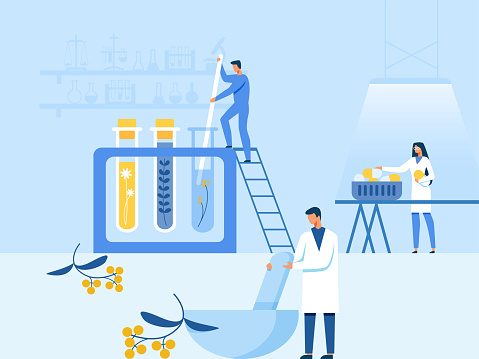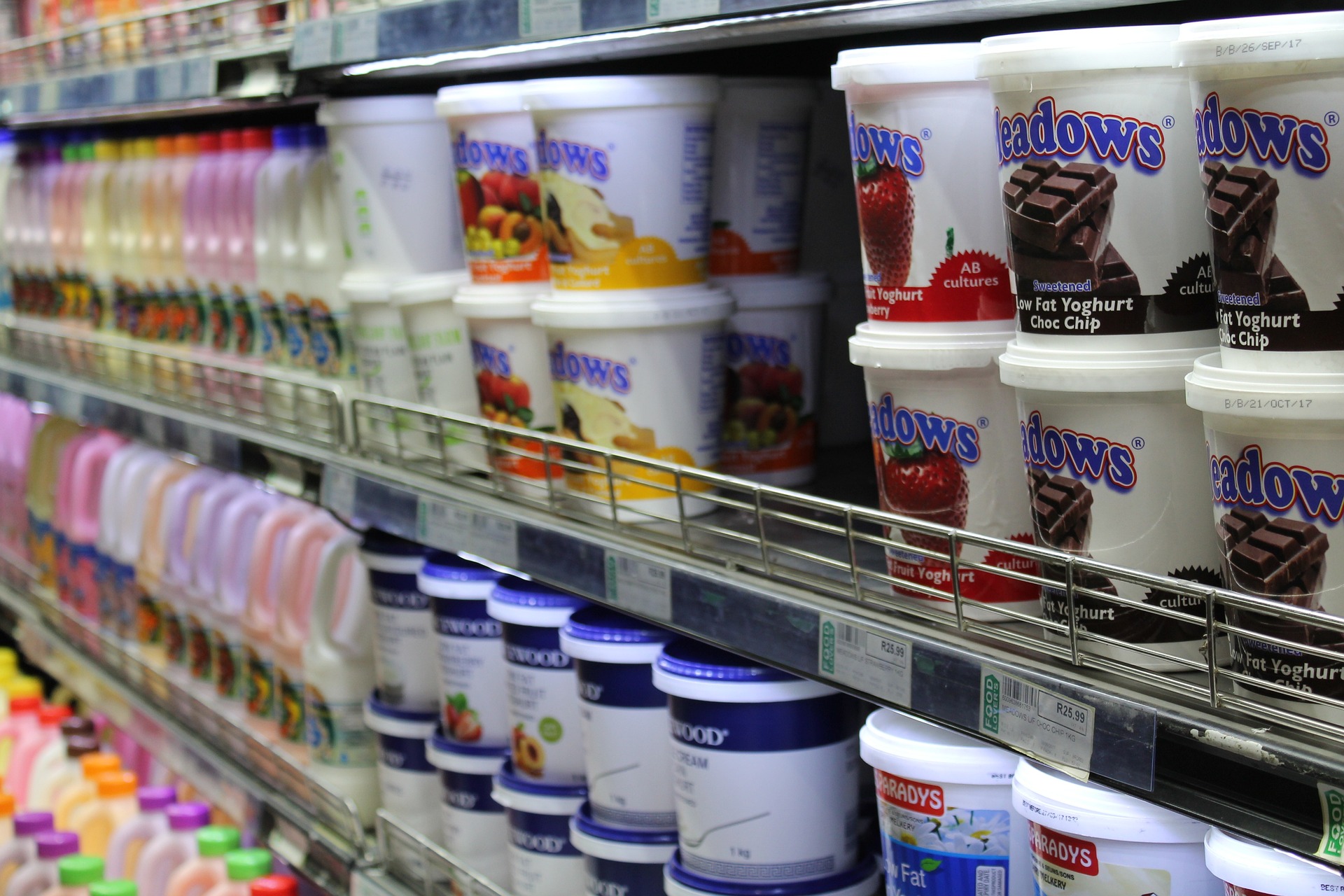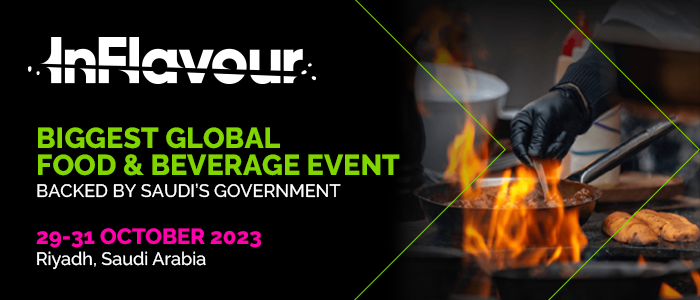International Agencies certify or approve food products and labels whether it comply with religious specifications and standards. A Food Safety Inspector or Label specialist inspects food processing from farm to package based on the guidelines from international Agencies.
Judaism and Islam are prominent religions in the world. They have distinct features and specifications for the consumption of food. The practices influenced by their holy book have their distinct certification methods, kosher and halal respectively, Therefore this applies to every aspect of food production and consumption in the Food Industry, especially to a country’s standard food law that emphasises it.
Long before the United States Government developed rules and regulations for food manufacturing, two religions had their specifications, procedures, and rules for the production of food and drink. This has developed to the formation of
- HALAL
- KOSHER
A Food Safety officer must understand the food ingredients that are permissible in these certifications. The protocols must be met to qualify as halal and kosher.
Religious Food Certification Labels
What is Halal?
Halal is an Arabic word that translates to “lawful” or “permissible”. All foods are halal unless they are strictly forbidden, or haram. Under Islamic law, the following food and drink are not permitted:
- Pork and its by-products
- Animals which were dead before slaughtering
- Alcoholic drinks and intoxicants
- Animals which have not been slaughtered using the halal method.
- Carnivorous animals and birds of prey
- Blood and blood by-products
- Animals which have been contaminated with any of the above
International Halal Certification Agencies
A Halal certification agency is an organization or certifying authority that verifies that a product is permissible under Islamic law to be consumed or used by Muslims.
Halal Italia
1. Halal Italia:
Founded in 2010, this group certifies Italian food products, along with products in a variety of other industries.
Islamic Food and Nutrition Council of America (IFANCA)
2. Islamic Food and Nutrition Council of America (IFANCA):
A non-profit organization based in Chicago, Illinois committed to promoting and certifying halal food in over 50 countries. They are a global leader in halal certification.
Islamic Society of the Washington Area (ISWA)
3. Islamic Society of the Washington Area (ISWA):
Managed by the USA Halal Chamber of Commerce, is internationally recognized as full-service commerce and professional certification entity for the promotion and understanding of Halal standards.
National Independent Halaal Trust
4. National Independent Halaal Trust:
Established as NIHT in 1992. Aims for high Halaal standards consistent with Sharia Law. Offices based in Johannesburg, Durban, and Cape Town.
What is Kosher?
Kosher is derived from the Hebrew term kashér, which translates to “fit” or “proper” for consumption. For an ingredient or product to be kosher, it must meet the requirements of kashrut, which is a set of Jewish dietary laws that are laid out in the written Torah (the Bible) and the Oral Torah (the Mishnah and Talmud).
The product is considered kosher as long as the means of production and the product itself conform to the laws and guidelines of the faith.
| Components | Criteria |
| Food Sources: | Land Mammals: Only animals with cloven hooves that chew their cud such as cattle, sheep, goats, deer, and bison are kosher. Pigs and rabbits are examples of forbidden food.Sea life: Fish with fins and scales may be eaten, but shellfish such as lobsters, shrimp, clams, and crabs are all forbidden. Fowl: Similar to the Quran, the Torah forbids its followers from eating birds of prey. Rodents and insects are prohibited. Any products derived from a forbidden animal such as milk, eggs, fat, etc. may not be eaten. |
| Kosher Meat Preparation: | The animal must not have died of natural causes slaughter, or shechitah must be performed by someone of high integrity with a firm grasp of Jewish law. Meat must undergo a blood draining process known as kashering |
| Separation of Meat and Dairy (Pareve): | The Torah forbids eating meat and dairy together. Rabbis extended this to include poultry and meat in addition to the Talmud’s restriction on cooking meat and fish together or serving them on the same plate. |
| Kosher for Passover: | During the eight days of Jewish Passover, leavened grains (barley, oat, rye, spelt, or wheat) are not to be consumed. hey are fit for Passover use. |
Standard Kosher Certification Agencies
In many instances, it is beneficial or required for a Rabbi, or someone with Rabbinical training, to be present because of the complexity of kosher laws and the depth of knowledge required for proper certification.
A kosher certification agency is an organization or certifying authority that verifies that the ingredients, machinery used, and production process all comply with the standards of kashrut.
Chicago Rabbinical Council Kosher
1. Chicago Rabbinical Council Kosher:
Located in Chicago, IL, Chicago Rabbinical Council is North America’s largest regional Orthodox organization. The nonprofit’s kosher certification is available worldwide.
KOF-K Kosher Supervision
Based in New York. Apart from being one of the most recognized kosher certifiers in the United States, KOF-K was also the first to implement computer technology in its certification and supervision practices.
KOF-K Kosher Supervision (Dairy)
3. KOF-K Kosher Supervision (Dairy):
The “D” to the bottom right indicates that the product contains dairy components.
Kosher Supervision of America (KSA)
4. Kosher Supervision of America (KSA):
Largest recognized and accepted certification in the U.S. Certifies worldwide to ensure products meet even the most demanding kosher requirements.
Organized Kashrus Laboratories (OK)
5. Organized Kashrus Laboratories (OK):
Founded in 1935 and based in NY, the Organized Kashrus Laboratories (OK) provides certification for companies such as Post, Swiss Miss, Yoplait, and Tropicana.
Orthodox Union
6. Orthodox Union:
Has been certifying goods for over 80 years and is the largest and one of the most trusted kosher supervisors in the world.
7. Organized Kashrus Laboratories Dairy (OK Dairy):
Bears the same weight as the OK symbol and certifies that the product came from a kosher animal, all ingredients are kosher and free from meat, and the product was produced on kosher equipment.
8. Orthodox Union (Dairy):
The “D” to the bottom right indicates that the product contains dairy components.
9. Shield Star K:
The Committee of kosher experts certifies products globally. Ensures that products meet the highest kosher standards.
10. Star-D (Kosher Dairy):
Bears same weight as the basic symbol, complying with all standards, except Star-D products are not cholov Yisroel, but instead cholov stam.
11. STAR-K Kosher:
Certification is based in Baltimore, Maryland and has offices all over the United States, as well as in Israel, China, and India. They are one of the largest, most technologically integrated certifiers in North America.
12. Va’ad Hakashrus of Buffalo Kosher (BVK):
BVK was founded in 1981 as a service to the local community. This reputation has led the agency’s certifications to be accepted everywhere today.













Pingback: What are TCS Foods? - Food tech safety